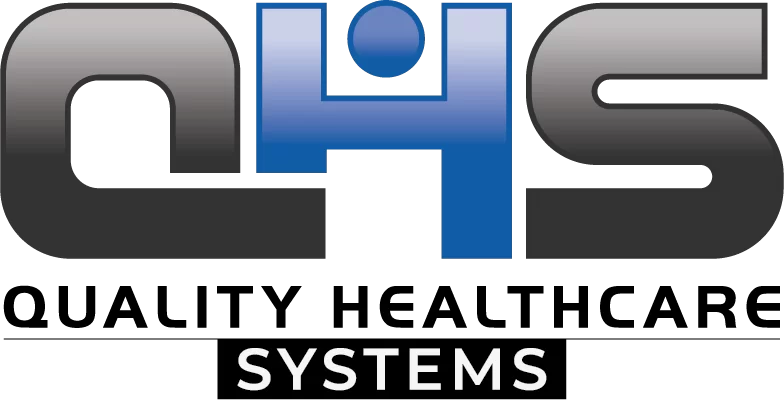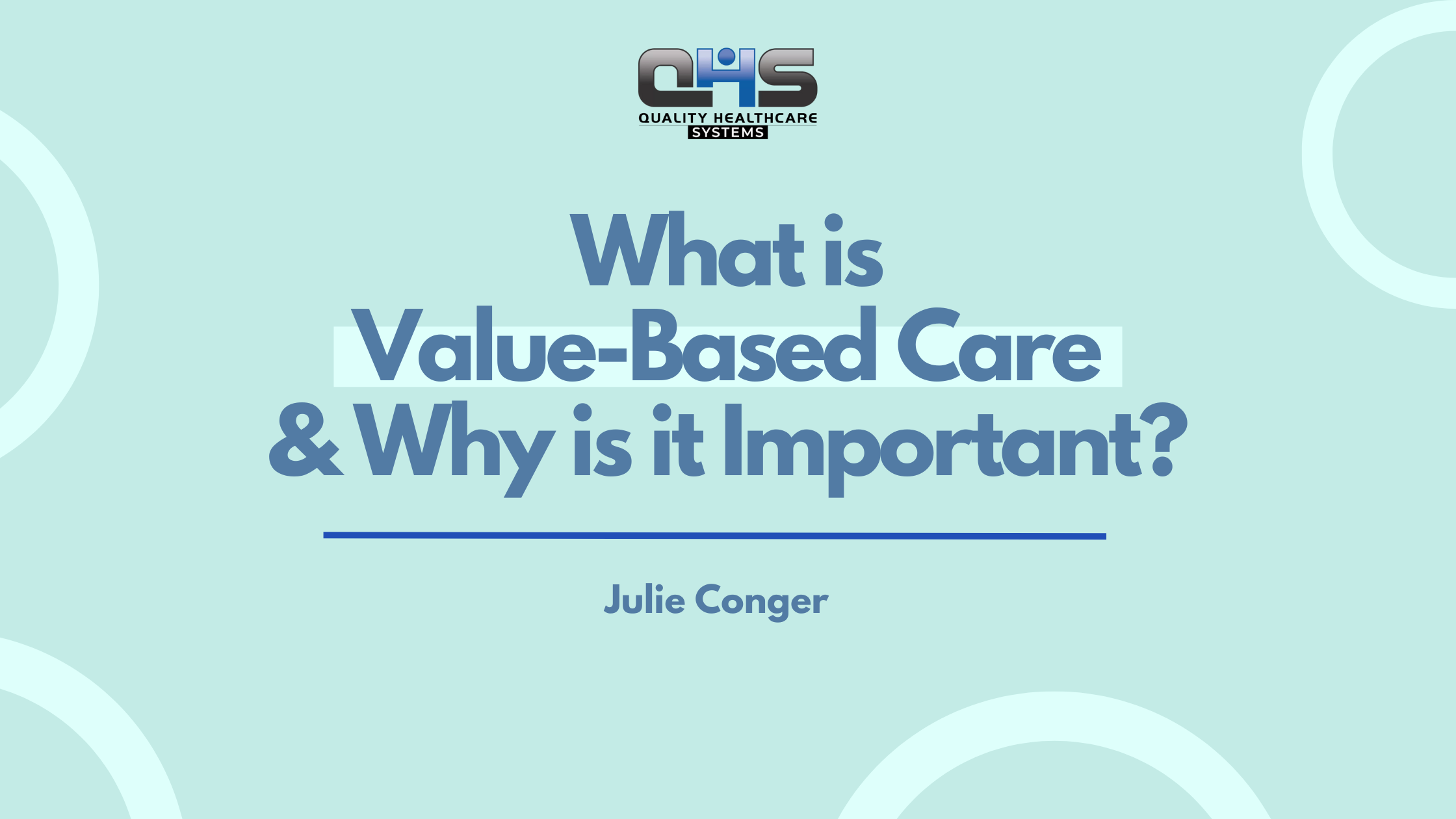In the healthcare industry, the shift from fee-for-service to value-based care is transforming how practices deliver services and engage with patients. Value-based care focuses on improving patient outcomes and reducing costs by rewarding healthcare providers for the quality, rather than the quantity, of care they deliver. Understanding its significance is crucial for any practice aiming for long-term success. Here are seven reasons why value-based care is important for your practice.
What is Value-Based Care?
Before diving into why it’s important, let’s define what value-based care actually means. At its core, value-based care is a healthcare delivery model where providers are reimbursed based on patient outcomes, quality of care, and the efficiency of services provided, rather than the volume of services delivered. In contrast to traditional fee-for-service models that incentivize quantity, the value-based care model promotes a more holistic, patient-centered approach.
7 Reasons Why Value-based Care is Important
1. Improved Patient Outcomes
One of the most compelling reasons to adopt a value-based care model is its impact on patient outcomes. By focusing on the quality of care rather than the number of visits or treatments, healthcare providers are incentivized to invest in preventive care, better care coordination, and post-treatment follow-up. This proactive approach helps manage chronic conditions, reduces hospital readmissions, and ultimately leads to healthier patients.
In the long run, improved patient outcomes foster higher patient satisfaction and greater trust in your practice, which contributes to the overall success of your business.
2. Cost Efficiency and Sustainability
Value-based care isn’t just better for patients—it’s also more cost-effective for your practice. By shifting the focus away from unnecessary procedures and hospital readmissions, value-based care reduces waste and lowers healthcare costs. Healthcare providers can avoid over-treatment and focus on preventive measures that save money in the long term.
The sustainability of value-based care is evident as it ensures more efficient use of resources, reducing the financial burden on both healthcare providers and patients. By emphasizing outcomes over volume, it also mitigates the risk of unneeded spending, which is a key component of reducing overall healthcare costs.
3. Better Patient Engagement and Satisfaction
When your practice adopts a value-based care model, patients are encouraged to take an active role in managing their health. With a focus on long-term care, patient education, and regular check-ins, this model creates a partnership between providers and patients. Regular engagement with patients through care coordination tools and proactive outreach increases patient satisfaction, which can lead to higher retention rates and positive word-of-mouth referrals.
When patients feel their healthcare providers truly care about their well-being, their overall experience improves, translating into a loyal patient base.
4. Financial Incentives and Reward Structures
A key benefit of value-based care is the financial incentives built into its models. Providers who meet specific quality benchmarks or demonstrate improved patient outcomes are rewarded with higher reimbursements, often in the form of performance-based bonuses. Common payment models used in value-based care include:
- Capitation: A fixed amount per patient, per month.
- Pay-for-performance: Providers are paid based on achieving specific patient health outcomes or care standards.
- Shared savings: Providers share in the savings generated by improved care efficiency.
These financial incentives help keep healthcare costs down while rewarding providers for delivering high-quality care.
5. Improved Care Coordination
Value-based care encourages better coordination across healthcare teams. Rather than treating patients in isolation, providers are incentivized to work collaboratively across various specialties and services. Whether it’s a primary care physician coordinating with specialists or a nurse practitioner following up on treatment plans, value-based care ensures that everyone is on the same page regarding patient health.
Effective care coordination leads to better health outcomes, fewer medical errors, and a more efficient care delivery system.
6. Enhanced Technology Integration
To manage and monitor patient outcomes effectively, technology plays a critical role in value-based care. Practices adopting this model rely on electronic health records (EHRs), patient monitoring systems, telemedicine, and data analytics to track patient health metrics, manage chronic conditions, and ensure continuous care.
By utilizing these technologies, healthcare providers can deliver more personalized care, monitor patients remotely, and make data-driven decisions. For practices looking to streamline their operations, integrating advanced technology is an essential part of the value-based care transformation.
7. Positioning Your Practice for the Future
As healthcare continues to shift towards value-based models, early adoption can position your practice as a leader in patient-centered care. By implementing value-based care now, your practice can future-proof itself, ensuring it remains competitive and financially viable as reimbursement models evolve.
Make your independent practice financially viable with our medical billing services for small practices!
Not only will you meet regulatory requirements, but you will also create a foundation for sustainable growth by providing high-quality care that patients and insurers increasingly value. Adopting value-based care today prepares your practice for the future of healthcare delivery.
Conclusion
The shift to value-based care is more than just a trend—it’s the future of healthcare. By focusing on patient outcomes, cost efficiency, and collaboration, your practice can benefit from enhanced patient engagement, improved outcomes, and financial rewards. As the healthcare industry continues to evolve, adopting the value-based care model positions your practice for long-term success, making it a crucial step for healthcare providers looking to stay ahead of the curve.






